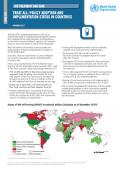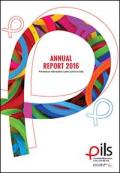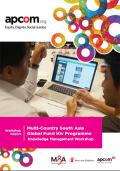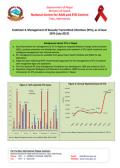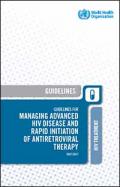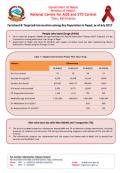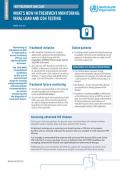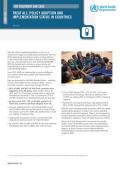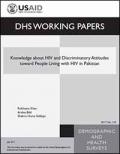Publications on People Living With HIV (PLHIV)
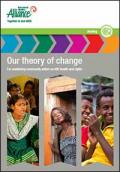
Resource | Publications,
The International HIV/AIDS Alliance’s theory of change sets out the difference we want to see in the world, and defines the logical sequence of changes we believe are needed to achieve our desired outcomes. It describes the assumptions behind our chosen strategies (as set out in HIV, Health and Rights: Sustaining Community), and the preconditions that need to be in place for these changes to occur. This theory of change is designed to help us better describe what we do, provide a tool for learning and reflection and evaluate our work.






